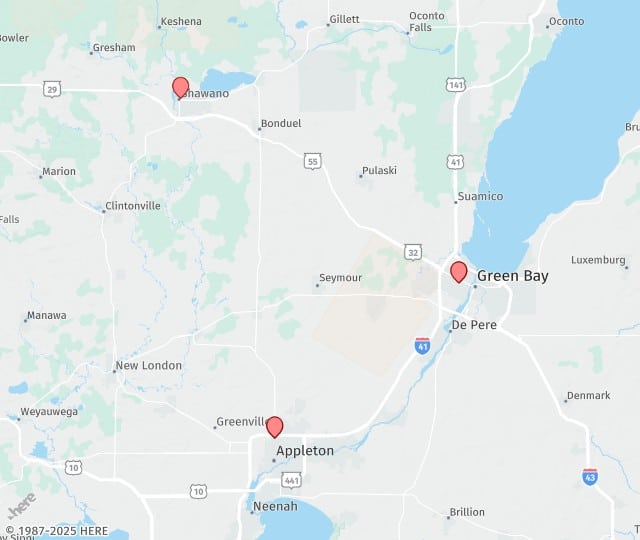Cataract surgery testing at Tower Clock Eye Center is extensive and required to assure the clearest vision possible following the procedure. Whether you are referred by your normal optometrist or are a patient of one of our eye doctors, the first step in your cataract surgery evaluation is to make an appointment for your comprehensive eye exam. Patients will be mailed paperwork prior to their exam date and asked to watch a video online. This paperwork must be filled out before the exam and should be brought to the appointment. The brief video explains what to expect during your evaluation.
Patients will be mailed paperwork prior to their exam date and asked to watch a video online. This paperwork must be filled out before the exam and should be brought to the appointment. The brief video explains what to expect during your evaluation.
Upon arrival on your appointment day, all cataract surgery evaluation patients undergo a battery of eye tests with a technician. The extensive testing could be up to three hours long depending on your eye health so please prepare accordingly.
Every patient will undergo a test with Lenstar. This machine provides highly accurate laser eye measurements for every portion of the eye − including the cornea and the retina. The results of this test will determine the power of the intraocular lens, or IOL, that will be inserted in your eyes during cataract surgery.
Oftentimes patients have astigmatism in their eyes. Tower Clock Eye Center has special tests to test the degree of astigmatism, and how to treat it. Our Verion system allows for more confidence and efficiency before and during surgery through highly accurate testing. Also, we may use our Pentacam system to further measure the anterior eye segment.
In addition to these tests, our technicians will administer further assessments where they’ll test the following:
- Vision test – standard test to check how well you see
- Pupil test – analyze for retinal and neuro-ophthalmic disease
- Eye muscle range of motion – to diagnose any specific eye muscles weakness
- Confrontation visual fields – to check peripheral vision in specific fields of vision
- Eye pressure measurement – to screen for glaucoma
Once all testing is complete, patients meet with our refractive counselors who will thoroughly explain surgical options and the many IOL implants available. Patients can also get their questions answered.
Next, you’ll meet with your Tower Clock Eye Center surgeon where you will undergo a fundus exam – an exam with a dilated eye where the retina, optic disc, macula, fovea and posterior pole are further examined. You can also get any additional questions answered direct from the surgeon who’ll thoroughly explain all aspects of the upcoming cataract surgery.
At the conclusion of this testing, patients meet with our surgery schedulers for pre and post-surgery instruction, and to finalize paperwork.
If you have questions about cataract surgery at Tower Clock Eye Center or would like to make an appointment, call us at 920 499-3102.
